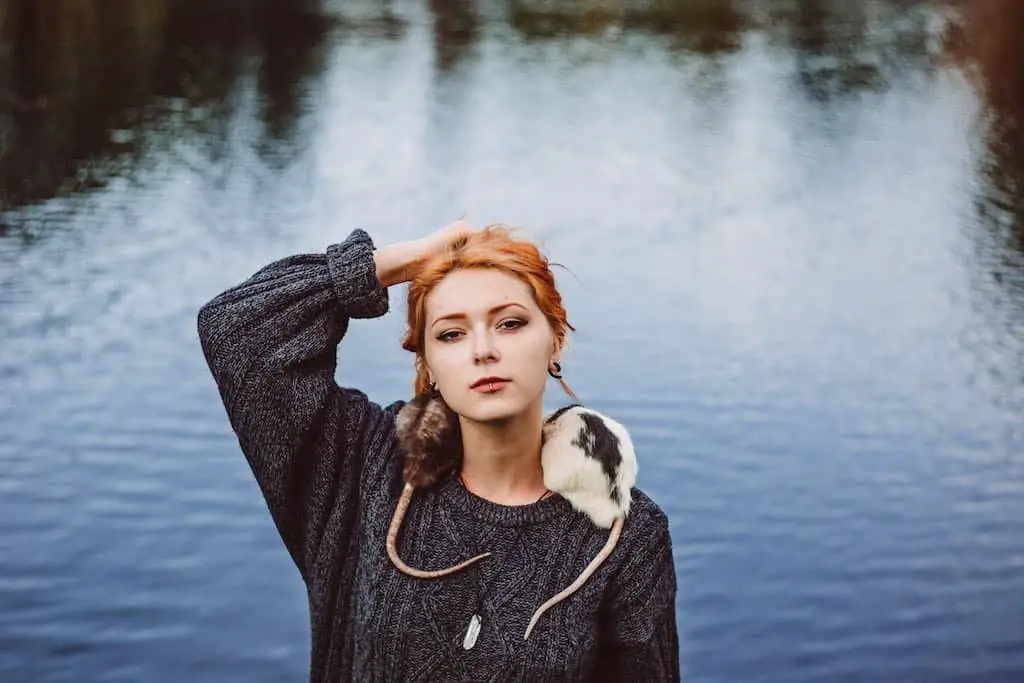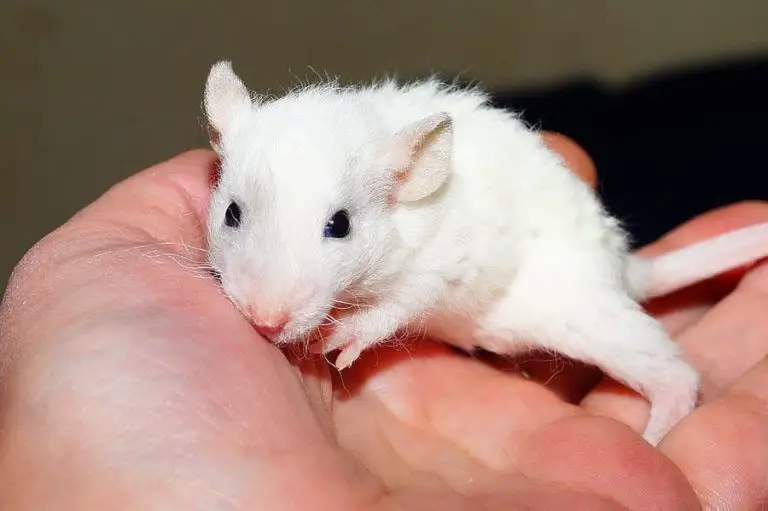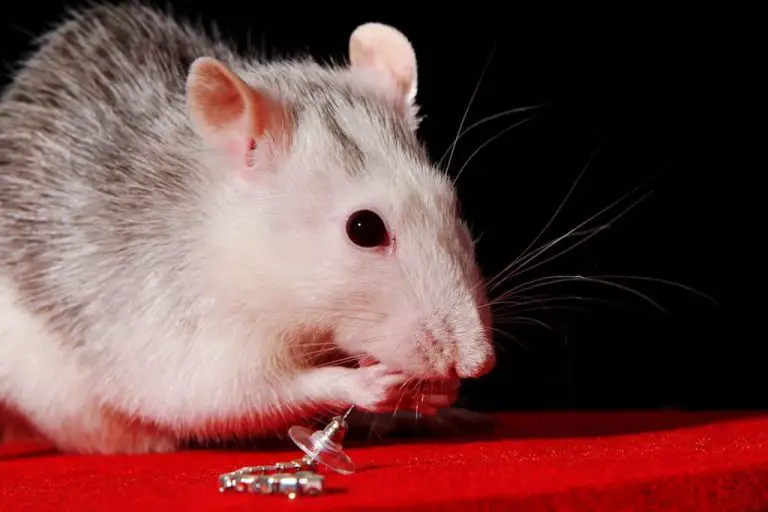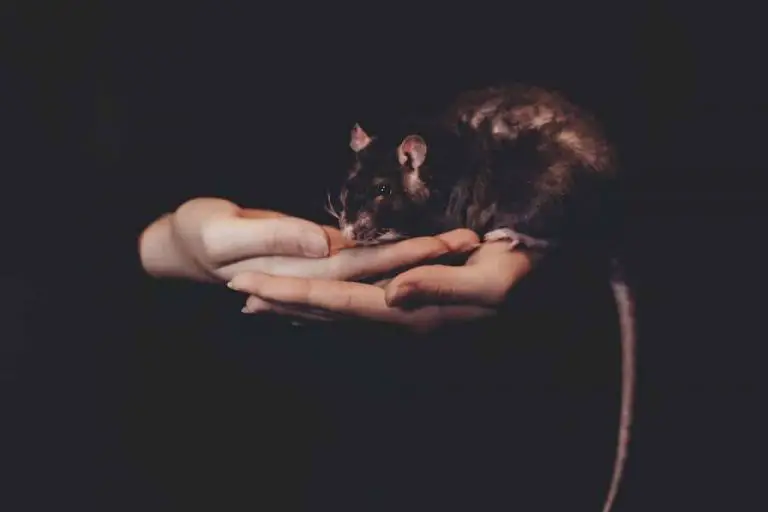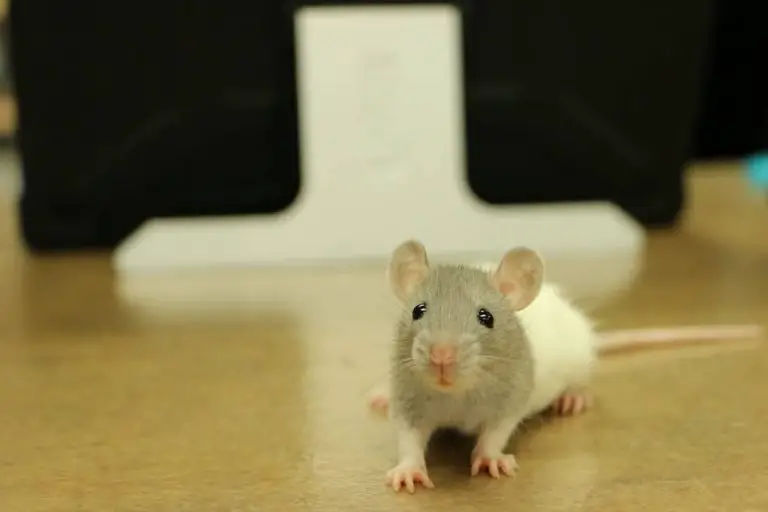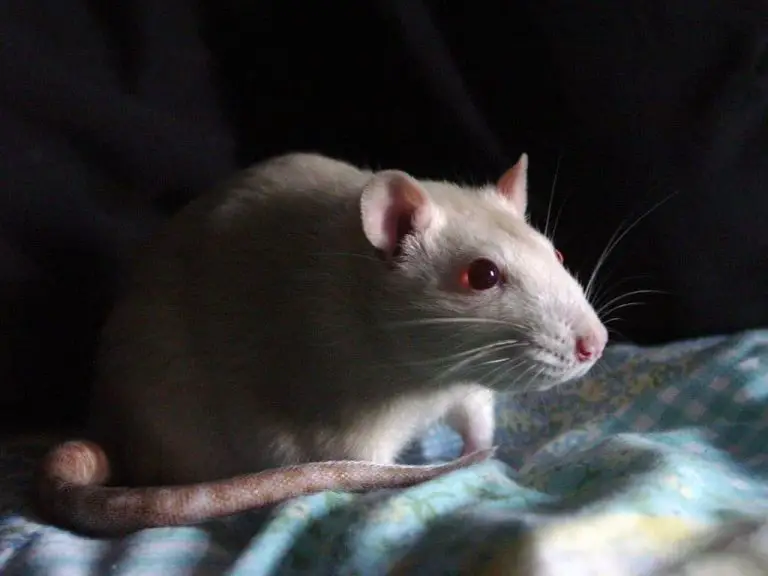Do Pet Rats Like to Cuddle?
Rats don’t have the best reputation in some circles, but the truth is that these fuzzy little rodents are great for people who enjoy interacting directly with their pets. Most rats enjoy handling, but how likely are they to cuddle with their prospective owners?
Pet rats are highly social animals who love to cuddle with both their human owners and other rats. Rats are happier in groups and they’re able to form strong bonds with their owners if they’re given enough attention. Rats are much easier to handle than many other species of rodents.
Pet rats generally like getting physical attention and handling from their owners, but there are a few ways to help your rats enjoy cuddles if they’re more on the shy side or they’re very active. Read on to learn more about cuddling rats and how to train your rat to enjoy handling.
Rats Love to Cuddle
In general, rats love to cuddle and enjoy getting a chance to get out of their cage and climb around on their owners. This may come as a surprise to people who have never had these intelligent rodents as pets. Because rats have historically had a checkered past in their association with people, some people are biased against them.
Many rats have a lively, playful, affectionate temperament that has been compared by rat owners to that of a small dog or puppy. While this means that young rats may be a little less cuddly at first just because they love to run around and explore, it also means that they’re capable of forming strong physical bonds with the people who care for them over time.
Rats are Social Animals
The reason that rats love to cuddle with their owners so much is that rats are naturally social animals. Left to their own devices, rats live in large family groups called mischiefs. These rat communities form strong social attachments with each other through physical touch and grooming rituals.
Not only do rats naturally live in affectionate groups that like to cuddle together, they’re also more empathetic than other animals. Here are some of the ways that rats have shown empathy and altruism in captivity:
- Rats in laboratory experiments quickly learned to press a button to save another rat from drowning, even if they didn’t get any direct benefit from the interaction. (Source: National Institutes of Science)
- Rats will work to free each other if they are caught in a trap. (Source: National Public Radio)
- Rats participate in allogrooming, a social activity that involves grooming another member of the same species. Rats will also emulate this grooming activity with humans. Allogrooming is a social bonding activity as well as a way of acknowledging social hierarchy within the group. (Source: Nature.com)
Even though rats aren’t as popular household pets as cats and dogs, those people who choose to give them a chance often find themselves with a very loyal and loving friend.
Rats Form Strong Bonds with Their Owners
Active young rats may not be as into cuddling as they are in exploring when they’re given the chance to leave their enclosure, but that doesn’t mean that they don’t develop a social attachment to their owners. Even energetic, playful rats still enjoy climbing all over their owners and interacting with them.
Rats have been shown to form strong emotional bonds with humans. However, they don’t always display this affection just through cuddling. Here are a few other ways that rats show their emotional attachment to their owners:
- Falling asleep: If a rat is comfortable enough with you to fall asleep on your shoulder or in your lap, you can be sure that you’ve developed a strong social bond with them.
- Allogrooming: Rats don’t just try to groom other rats as a social behavior. If your rat nibbles gently at your skin or sifts through your hair, this is just a way of showing that they like you.
- Marking: It might seem kind of unpleasant, but many rats (especially males) will dribble a little of their urine on their owners to mark them. This marking makes their owners smell familiar and like a member of the group. Sporadic marking doesn’t usually stain clothes or cause them to smell as long as they’re washed.
Rats will snuggle up to humans they trust, but rats also display their affection in many different ways that don’t necessarily translate to human behaviors. When you interpret your rat’s behavior as affectionate or not, you need to remember to think like a rat.
Rats are Clean for Cuddling
Rats may like cuddling with their human friends, but is this practice safe? Much of the concern people have about keeping rats as pets is worry about how sanitary they are. However, rats spend a large portion of each day grooming themselves, much like a cat does.
Are rats clean enough to handle without worrying? The news is good. Domesticated rats don’t carry any of the diseases that wild rats are known to carry such as hantavirus and bubonic plague. (Source: King County Public Health Department)
Rats are perfectly safe to cuddle as long as you take basic precautions. These include washing your hands after handling your pet rat and cleaning any bites or scratches you might get.
Do All Rats Like to Cuddle?
While rats have a reputation for being snuggly cuddlers, this doesn’t apply to all rats. Here are a few reasons why rats might not be into cuddling:
- Female rats are more active. Female rats are much more active than male rats and many prefer to run around and play rather than relax and snuggle with their owners. (Source: The Spruce Pets) While female rats may slow down a bit as they age, in general they have less interest in cuddling than males.
- Some rats are shy. Even though rats are generally outgoing and social animals, all animals are individuals just like people. If you end up with a shy rat, it may take a little more time and patience for them to come out of their shell and bond with you.
- Adult rats may warm up more slowly. If you rescue or adopt an adult rat, they might not bond with you as quickly since you may not know how they were handled in the past. Rat pups are much easier to tame and socialize.
For rats that don’t take to cuddling right away, offering a variety of tasty treats, letting them out for free-roaming time, speaking gently to them, and simply spending time near their enclosure can make your rat more comfortable. This can eventually make it easier for you to cuddle with them once they’re relaxed around you.
Rats Are the Perfect Pets for Cuddling
Young rats might be as interested in climbing all over you as they are in snuggling with you, but there’s no denying that rats are among the most cuddly pets you can have. These highly social creatures are great for people who want a pocket-sized pet with a big personality.

